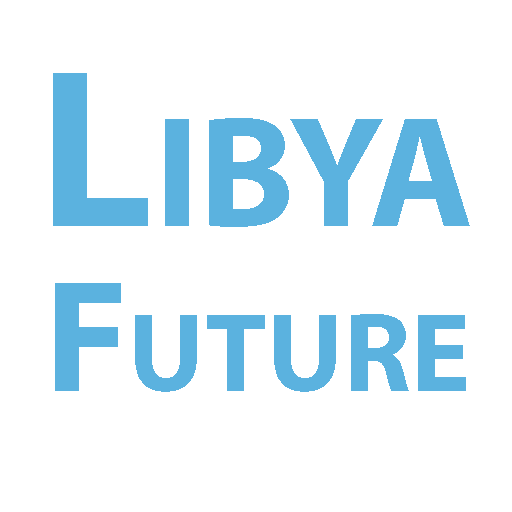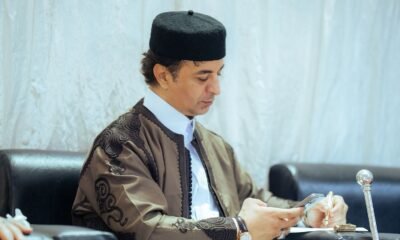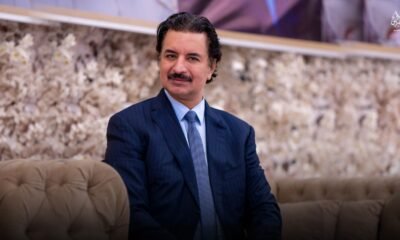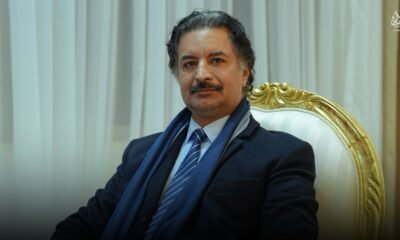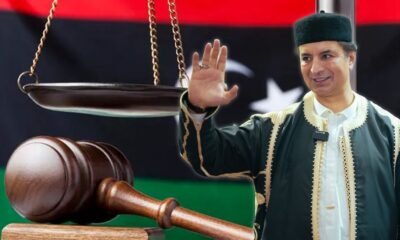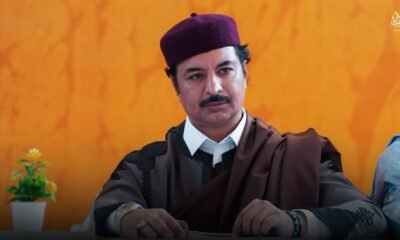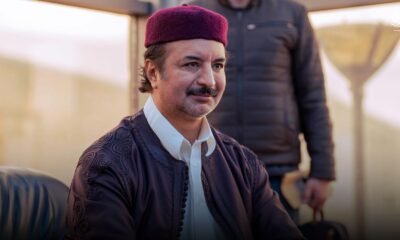الدكتور الصديق حفتر | تغطية شاملة وتحليلات
ElSeddik Haftar to BBC: We Extend Our Hands to Everyone in Order to Build a True State… And Reconciliation Cannot Be Achieved Without Justice

Dr. ElSeddik Khalifa Haftar, President of the High Commission for National Reconciliation in Libya, appeared as a guest on BBC’s program “No Restrictions” in an interview that shed light on several key issues related to national reconciliation, the political reality in Libya, and the impact of security conditions on state-building efforts.
National Reconciliation: Justice Before Reconciliation
During the interview, Dr. ElSeddik Haftar emphasized that national reconciliation cannot be achieved without transitional justice. He stressed that the Commission adopts the principle of justice, fairness and restoring rights as the basis for its work throughout Libya. He clarified that redress and compensation are guaranteed by law, and that all rights will be fulfilled within a legal framework that cannot be bypassed.
He added that reconciliation efforts exclude no one, encompassing all regions of Libya—East, West, and South—in order to ensure peace and stability for all.
Relationship with the Government of National Unity: A Hand Extended, but Eyes Wide Open
In discussing the relationship with the Government of National Unity led by Abdul Hamid Dbeibeh, Dr. ElSeddik Haftar affirmed that “we extend our hands to everyone to build a true state.” However, he referred to the crisis situation in Tripoli and the western region, arguing that these areas suffer more than what is portrayed in the media.
He stressed that national reconciliation is not merely a political step, but a comprehensive process aimed at rebuilding the Libyan state and ensuring its stability, away from political rivalries.
The Security File and Its Impact on Libya’s Future
The interview also addressed the recent security tensions that Libya has recently witnessed, particularly in the south. Dr. ElSeddik stressed that the General Command enjoys the support of local tribes in that region and is aware of the scale of efforts made to maintain Libya’s stability. He also pointed out that the world recognizes the role of the General Command in eliminating terrorism, highlighting the importance of the Libyan Army’s actions under Field Marshal Khalifa Haftar in confronting ISIS and fighting terrorism.
The International Community and Its Role in Prolonging the Libyan Crisis
Dr. ElSeddik Haftar criticized the international community’s approach to the Libyan crisis, stating that international powers have dealt with the Libyan file from a crisis management perspective rather than working toward a genuine resolution. He argued that this approach has contributed to prolonging the suffering endured by the Libyan people. He affirmed that Libyans want stability and a decent life after long years of political and security turmoil.
The Road to the Future: Optimism Despite Challenges
Despite the challenges facing Libya, Dr. ElSeddik Haftar seemed optimistic about the possibility of achieving national reconciliation and initiating a constitutional settlement. He believes the real solution lies in prioritizing Libya’s national interest above all else and working to build a strong state capable of embracing everyone.
He concluded the interview by emphasizing that the High Commission for National Reconciliation is working tirelessly to achieve this goal, and that the Libyan people deserve to live in a stable and secure country, away from political tensions and armed conflicts.

